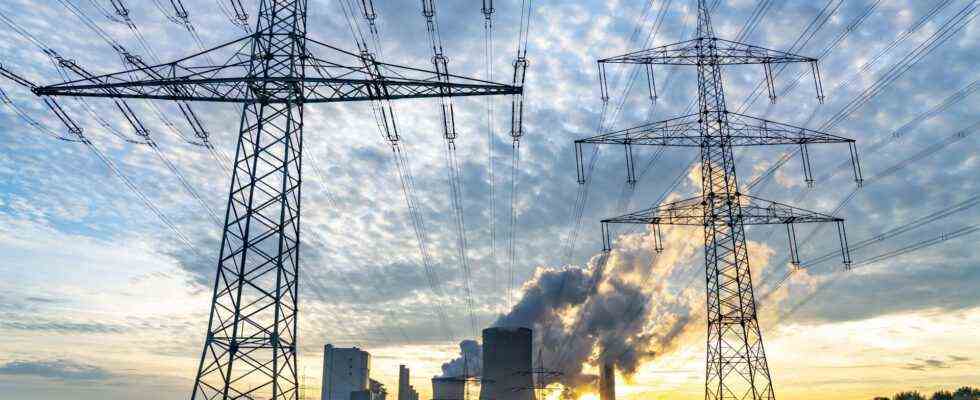Status: October 21, 2021 3:39 p.m.
Energy prices are rising across Europe. Some even have doubts about a secure gas supply. The calls are getting louder for the new federal government to intervene. But how?
It is enough to ask around at the petrol station to hear the anger many consumers are having about the higher prices. “It’s outrageous, we have four company cars, so it comes together quite a bit – it used to be 80 euros, now it is over 100 euros until the tank is full,” complains one man. “It’s difficult for people after the Corona period,” says another. “Yes, it is frightening in part, but you have to go through it, there is no alternative,” resigned this customer, and one consumer asks: “What should you do? You have to pay, and the tax won’t be lower – you can I don’t imagine that they will cut taxes. “
Relief versus steering effect
A reduction in the energy tax as a reaction to the price jumps on the markets – this is also what various business associations are calling for. Not only large industrial companies suffered from the high prices, but also medium-sized companies, says Ludwig Veltmann, the managing director of the SME group: “There are also companies such as bakeries, for example, that operate energy-intensive devices such as ovens or cooling systems.” According to Veltmann, all these companies would have enormous additional costs due to what the state puts on top of the raw electricity price.
Indeed, gasoline and energy prices are largely made up of taxes and duties. Other countries such as the Czech Republic or Spain have therefore decided to make short-term adjustments to taxes on petrol and energy. However, it is unlikely that the future federal government will follow suit – not only because it would make the already uncertain financing of the planned billion-dollar investments more difficult. Rather, price reductions for fossil fuels could run counter to climate protection goals, say economists such as Oliver Holtemöller from the Institute for Economic Research in Halle. “It’s just like this: If I want energy consumption to fall, it makes economic sense to make energy consumption more expensive,” says Holtemöller. “And then you should just allow this increase in price, otherwise you will not achieve the steering effect.”
Poor households, which are particularly affected by the price development for refueling and heating, must be helped in other ways, for example through direct grants, according to Holtemöller at the presentation of the joint report by the economic researchers a few days ago.
Politicians find it difficult to find solutions
Trade unions and social associations miss concrete statements on this topic in the exploratory paper of the SPD, Greens and FDP. For example, you advocate the introduction of mobility or energy allowances for everyone. An increase in the commuter allowance, which is demanded by the taxpayers’ association, on the other hand, would only benefit those who drive to work for professional reasons.
The EU Commission has presented a kind of toolbox for this purpose – with measures with which the consequences of the price increases for socially disadvantaged households can be cushioned in an EU-compliant manner: here, too, there is talk of energy checks and other direct subsidies. Aid for companies should also be possible, provided that it does not distort competition in the EU internal market.
High energy prices – topic for the EU Council and coalition negotiations
Hans-Joachim Vieweger, ARD Berlin, October 21, 2021 10:37 a.m.

